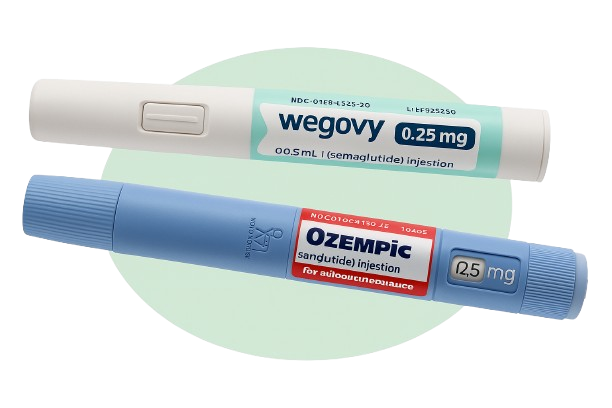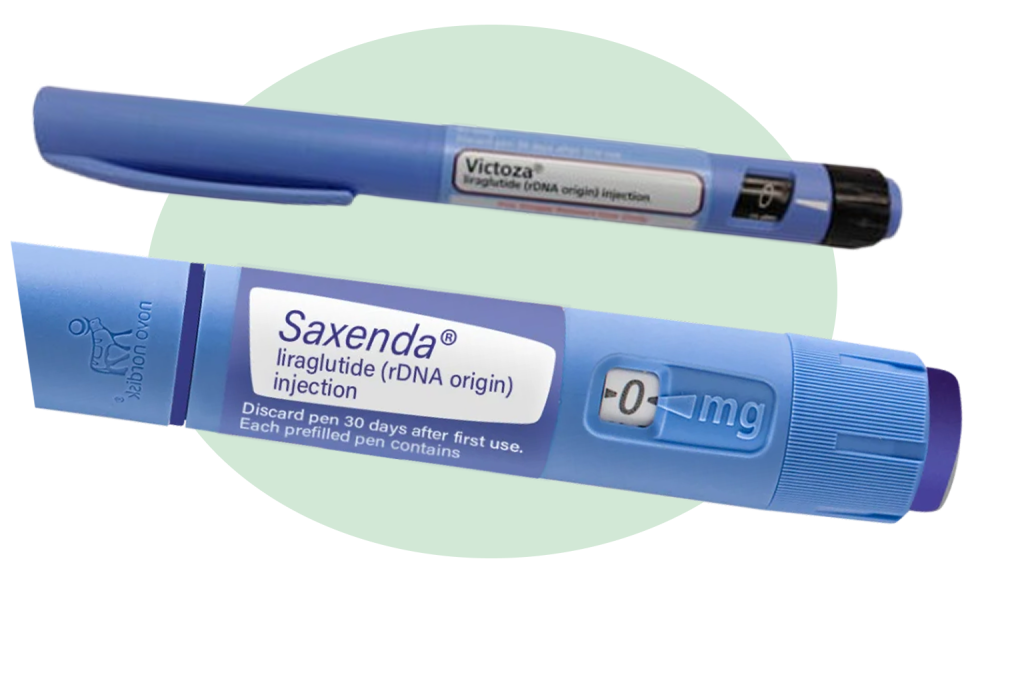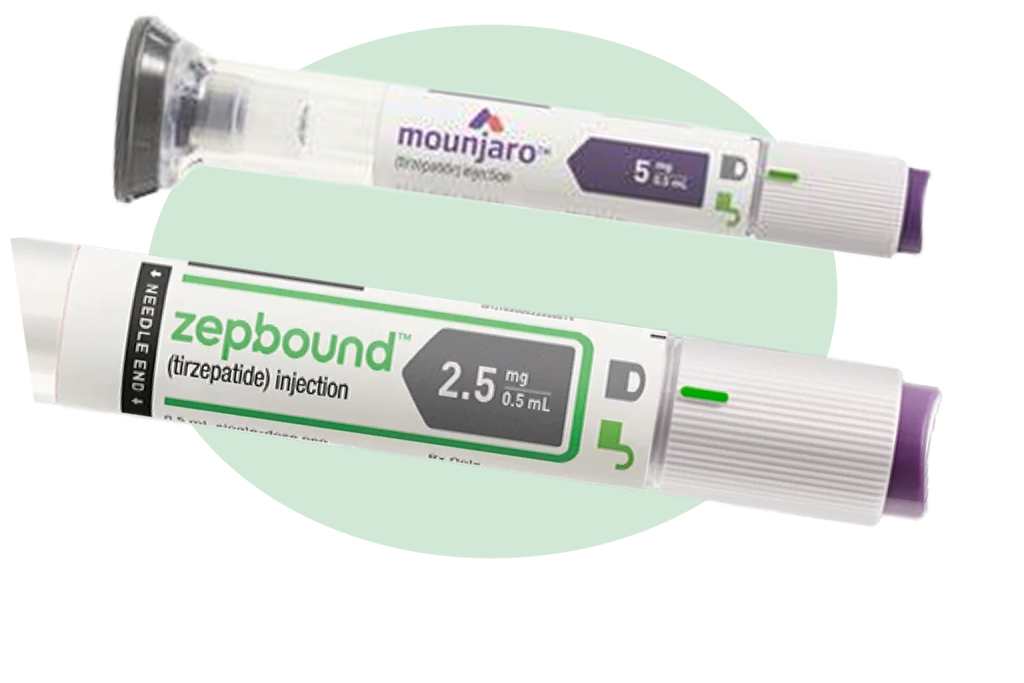
Discover the Power of GLP-1 for Weight and Blood Sugar Control
Clinically proven to help regulate appetite, stabilize blood sugar, and support long-term wellness.
What is GLP-1?
Understanding GLP-1: A Natural Hormone with Powerful Health Benefits
GLP-1 (glucagon-like peptide-1) is a hormone your body naturally produces in response to food. It plays a key role in regulating blood sugar, managing appetite, and improving metabolic function. Medical science has harnessed GLP-1’s power in treatments that help people manage weight and type 2 diabetes more effectively.
Key Points:
- Naturally occurring gut hormone
- Controls appetite and glucose levels
- Foundation for FDA-approved medications for diabetes and weight management


How GLP-1 Contributes to a Healthier Body

Reduces Cravings and Hunger
Promotes fullness and satiety

Stabilizes Blood Sugar Levels
Especially after meals

Encourages Sustainable Weight Loss
Supports metabolic health
Medications that Leverage GLP-1 Science

Semaglutide (Ozempic®, Wegovy®)
- Used in treating type 2 diabetes and obesity
- Enhances GLP-1 receptor activity

Liraglutide (Saxenda®, Victoza®)
- Supports appetite regulation
- Daily dosing available

Tirzepatide (Mounjaro®, Zepbound®)
- Dual GIP and GLP-1 receptor agonist
- Weekly use for type 2 diabetes (Mounjaro®) or weight loss (Zepbound®)
FAQs
What does GLP-1 do in the body?
It helps your body manage blood sugar and reduces appetite, playing a key role in weight and metabolic regulation.
Can I benefit from GLP-1 if I don’t have diabetes?
Yes, GLP-1-related therapies are also approved for weight management in people without diabetes.
Are there natural ways to boost GLP-1?
Certain foods, exercise, and sleep hygiene may support your body’s natural GLP-1 production.
Does everyone lose weight on the program?
Our goal is to help people achieve their weight loss and wellness goals, no matter their age or gender, or how much weight they want to lose. We’re dedicated to giving you the tools and guidance you need to reach and maintain a healthy weight and lifestyle.
We understand that everyone’s body is different, which is why we have built in a fitness and nutrition DNA test into our program. This will allow for a tailored program based on your body’s genetic disposition.
Is OK to use products that are not FDA approved?
Is there a generic version of semaglutide available?
No. There are currently no FDA-approved generic versions of medicines containing semaglutide available.
What is a semaglutide?
Semaglutide was discovered in the early 2000s by researchers at Novo Nordisk. Semaglutide works by mimicking a hormone naturally found in our bodies, GLP-1 (short for “glucagon-like peptide-1”).
It is a peptide (a short chain of amino acids) that is the main ingredient (also known as “active pharmaceutical ingredient”) in three different FDA-approved prescription medicines for patients with type 2 diabetes or obesity, with or without established cardiovascular disease.

